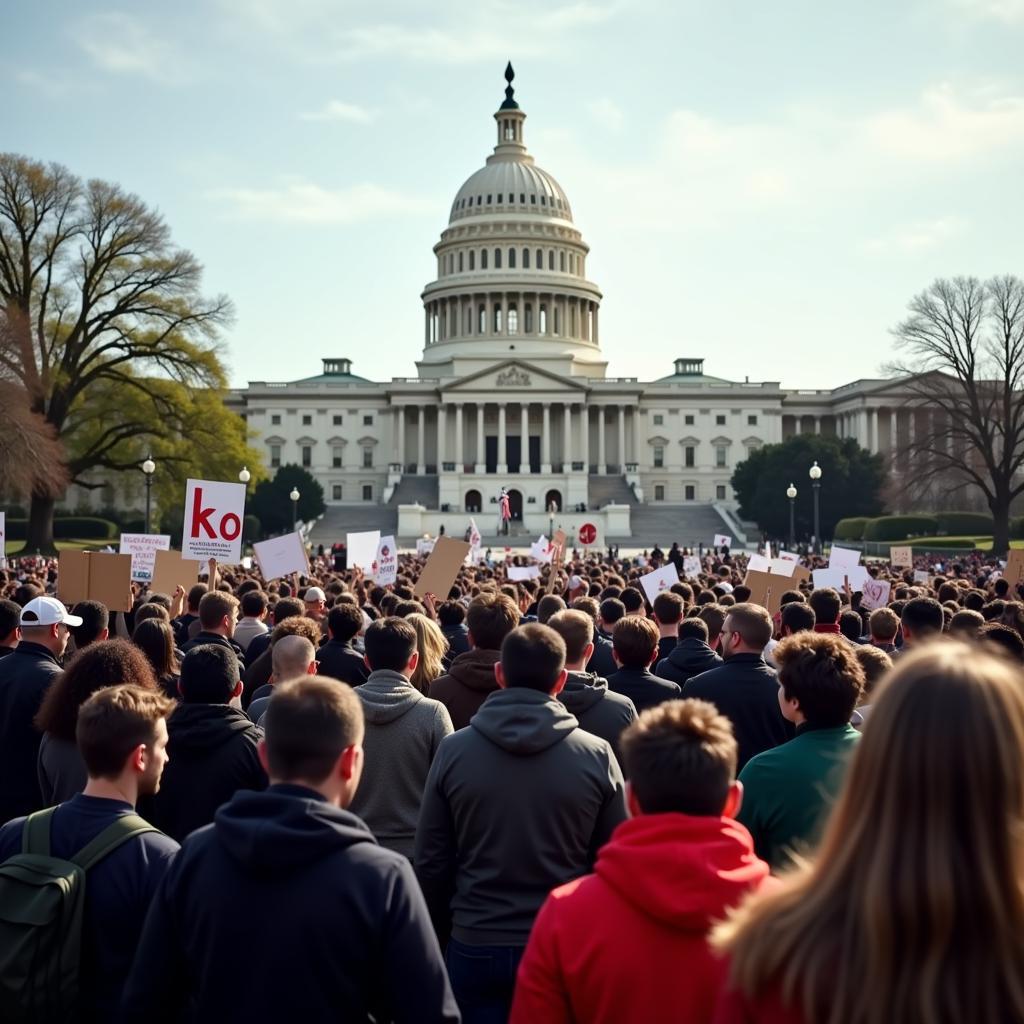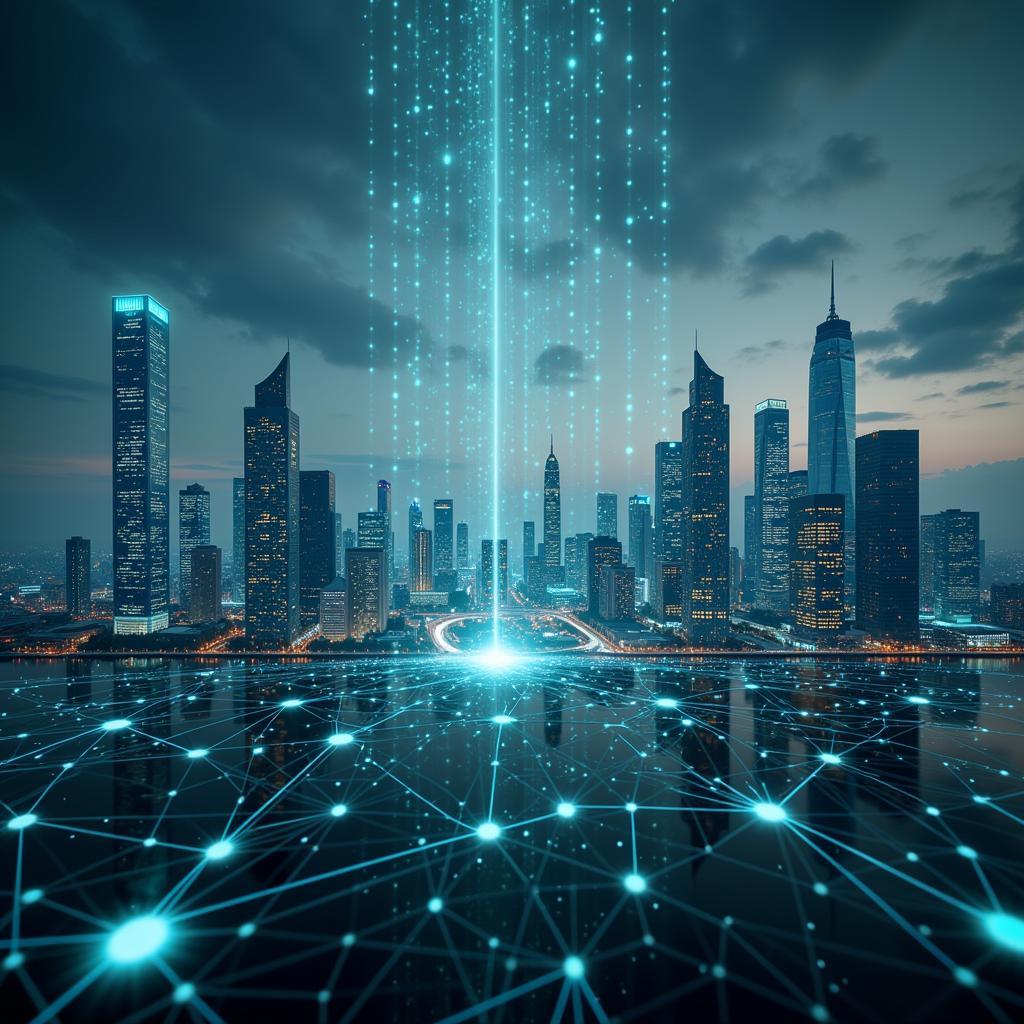Politics and economics are two forces that are inextricably linked, constantly influencing and shaping each other. They are the twin engines driving societal development, and understanding their interplay is crucial for navigating the complexities of the modern world. From government regulations to international trade agreements, the intersection of politics and economics affects every aspect of our lives, from the price of bread to the availability of healthcare.
How Politics Influences Economics
Political decisions have a profound impact on economic outcomes. Government policies, regulations, and even political ideologies can significantly influence economic growth, stability, and distribution of wealth. For instance, tax policies can incentivize investment or consumption, while trade policies can open or close markets, affecting domestic industries and international relations. Furthermore, political stability or instability can greatly influence investor confidence and economic performance. A stable political environment encourages investment and economic growth, while political turmoil can lead to capital flight and economic decline.
- Fiscal Policy: Government spending and taxation directly influence economic activity. Increased government spending can stimulate demand and boost economic growth, while tax cuts can encourage private investment and consumption.
- Monetary Policy: Central banks, often influenced by political agendas, control interest rates and money supply, impacting inflation and economic growth. Lower interest rates can spur borrowing and investment, while higher rates can curb inflation but also slow down economic expansion.
- Regulations: Political decisions regarding environmental regulations, labor laws, and industry-specific regulations can significantly impact business operations, costs, and competitiveness.
How Economics Influences Politics
Conversely, economic conditions and trends can significantly shape political landscapes. Economic downturns can lead to public discontent and pressure for political change, while economic prosperity can bolster incumbent governments. Public opinion on economic issues can sway elections and influence policy decisions. Moreover, powerful economic actors, such as corporations and labor unions, can exert considerable influence on political processes, lobbying for policies that favor their interests.
- Public Opinion: Economic hardship can fuel social unrest and lead to demands for policy changes, influencing election outcomes and government priorities. Conversely, strong economic performance can boost public support for incumbent governments.
- Lobbying and Interest Groups: Powerful economic actors, like corporations and trade unions, can influence political decision-making through lobbying and campaign contributions, pushing for policies that benefit their interests.
- Global Economic Forces: International economic events, such as global recessions or trade wars, can force governments to adjust their domestic policies and international relations, highlighting the interconnectedness of global economies and political landscapes.
 Kinh tế ảnh hưởng đến chính trị
Kinh tế ảnh hưởng đến chính trị
The Complex Interplay: Case Studies and Examples
Examining real-world examples helps illustrate the complex relationship between politics and economics. The 2008 financial crisis, triggered by economic imbalances and regulatory failures, led to significant political repercussions across the globe, including changes in government leadership and regulatory reforms. Similarly, trade wars, often driven by political agendas, can have significant economic consequences, disrupting global supply chains and affecting businesses and consumers alike.
- The 2008 Financial Crisis: This global crisis demonstrated the interconnectedness of economies and the political consequences of economic instability, leading to widespread regulatory reforms and shifts in political power.
- Trade Wars: Trade disputes, often motivated by political objectives, can disrupt international trade, impacting businesses, consumers, and ultimately, political stability.
- Government Bailouts: Government intervention in failing industries, driven by political considerations, can have profound economic implications, affecting market dynamics and potentially creating moral hazard.
Navigating the Future: Balancing Politics and Economics
Understanding the dynamic relationship between politics and economics is crucial for navigating the future. Finding a balance between political objectives and sound economic principles is essential for achieving sustainable economic growth and social progress. Policies that prioritize long-term economic stability and inclusive growth, while considering political realities, are essential for building a prosperous and equitable future.
 Tương lai chính trị kinh tế
Tương lai chính trị kinh tế
Conclusion
Politics and economics are intertwined forces that shape our world. Understanding their complex relationship is essential for policymakers, businesses, and individuals alike. By recognizing how political decisions influence economic outcomes and how economic conditions shape political landscapes, we can better navigate the challenges and opportunities of the 21st century. Striking a balance between political considerations and sound economic principles is key to building a more prosperous and equitable future for all.
FAQs
- How does political instability affect economic growth? Political instability can deter investment, disrupt trade, and lead to capital flight, hindering economic growth.
- What is the role of fiscal policy in influencing the economy? Fiscal policy, through government spending and taxation, can stimulate or contract economic activity.
- How can economic inequality impact political stability? High levels of economic inequality can lead to social unrest and political instability.
- What are the potential economic consequences of trade wars? Trade wars can disrupt global supply chains, increase prices for consumers, and harm businesses.
- How can governments balance political objectives with sound economic principles? Governments need to prioritize long-term economic stability and inclusive growth while considering political realities and public opinion.
- What is the significance of understanding the interplay between politics and economics? Understanding this interplay is crucial for informed decision-making by policymakers, businesses, and individuals.
- How can individuals stay informed about the intersection of politics and economics? Staying informed requires following reputable news sources, engaging in discussions, and seeking out diverse perspectives.
Bạn cần hỗ trợ thêm? Hãy liên hệ Số Điện Thoại: 02838172459, Email: [email protected] Hoặc đến địa chỉ: 596 Đ. Hậu Giang, P.12, Quận 6, Hồ Chí Minh 70000, Việt Nam. Chúng tôi có đội ngũ chăm sóc khách hàng 24/7.